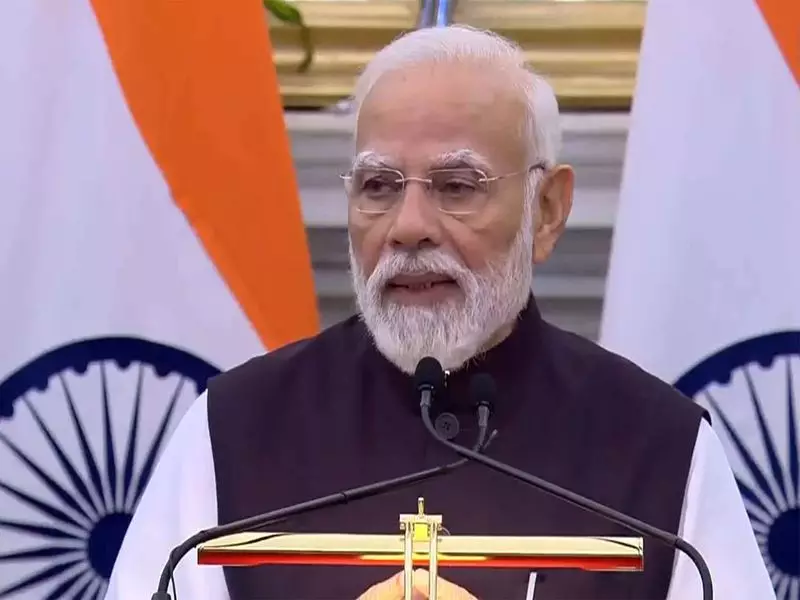
In a significant diplomatic development, Prime Minister Narendra Modi will engage with Southeast Asian leaders through virtual participation in the ASEAN-India Summit on Thursday. While the Prime Minister joins remotely, External Affairs Minister Dr. S. Jaishankar will be physically present in Jakarta to represent India at the broader East Asia Summit.
Strategic Engagement with Southeast Asia
The ASEAN-India Summit marks a crucial milestone in India's 'Act East Policy,' bringing together leaders from the 10-member Association of Southeast Asian Nations and India. This high-level engagement underscores New Delhi's commitment to strengthening ties with its eastern neighbors amid evolving regional dynamics.
Minister Jaishankar's Dual Responsibilities
External Affairs Minister Jaishankar will shoulder significant responsibilities during the Jakarta visit, representing India's interests at both the ASEAN-India Summit and the subsequent East Asia Summit. His physical presence ensures India maintains strong diplomatic engagement while the Prime Minister participates virtually.
The scheduling alignment presents a unique scenario where Minister Jaishankar will represent India at both summits, demonstrating the continuity and importance New Delhi places on its Southeast Asian partnerships.
Strengthening Regional Partnerships
These summits come at a critical juncture for regional cooperation and provide platforms for discussing:
- Enhanced economic collaboration and trade partnerships
- Security cooperation and maritime safety initiatives
- Infrastructure development and connectivity projects
- Cultural exchanges and people-to-people ties
- Collaborative approaches to regional challenges
The virtual participation of Prime Minister Modi reflects the evolving nature of diplomatic engagements in the digital age, ensuring India maintains its active role in regional forums despite scheduling constraints.
India's Growing ASEAN Engagement
India's relationship with ASEAN has grown substantially over the past decade, with the grouping becoming one of India's key trading partners. The summit provides an opportunity to review progress on various initiatives and chart the course for future cooperation across multiple sectors.
The dual representation approach demonstrates India's strategic balancing act, ensuring high-level participation while managing multiple diplomatic commitments simultaneously.





